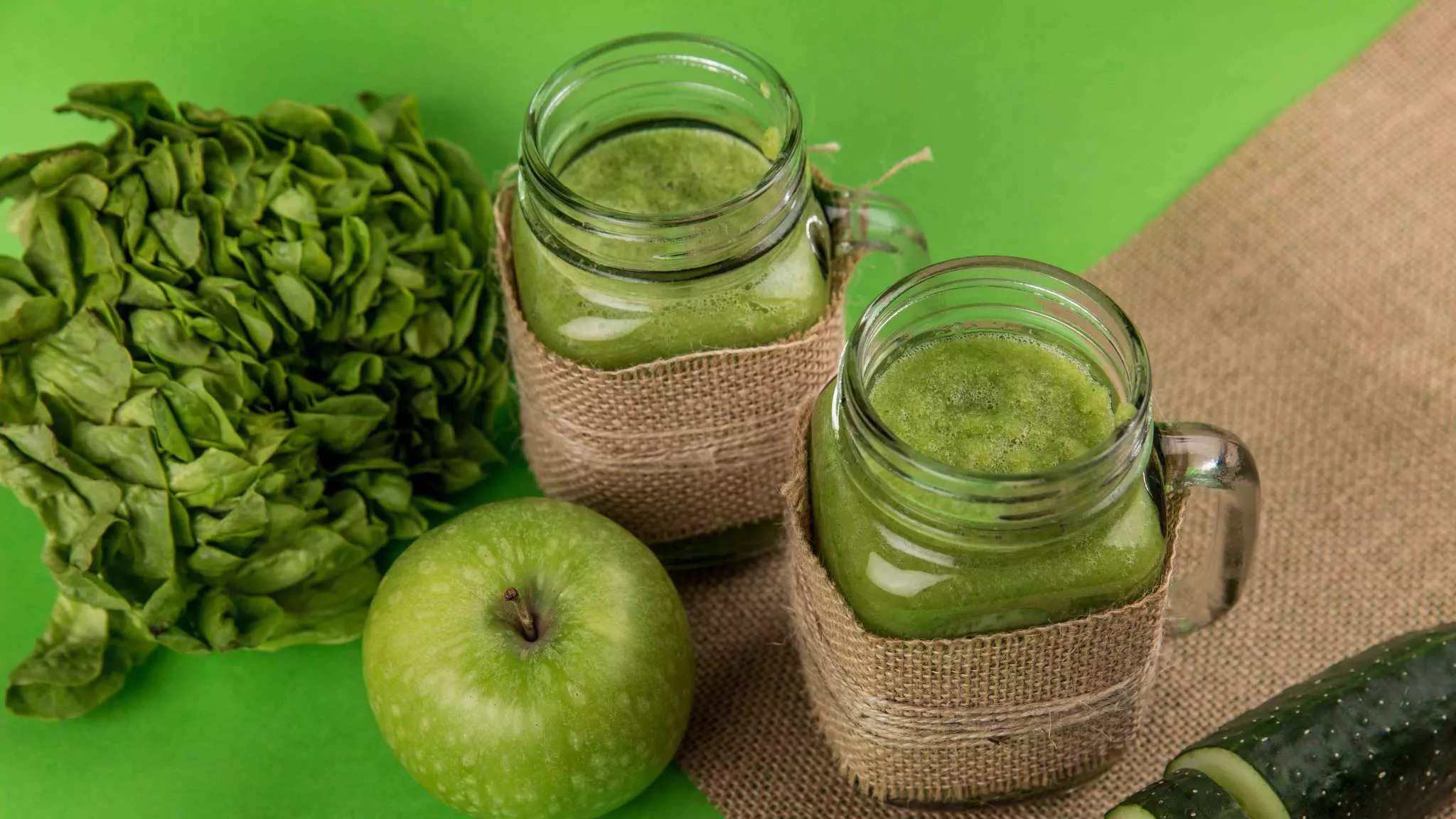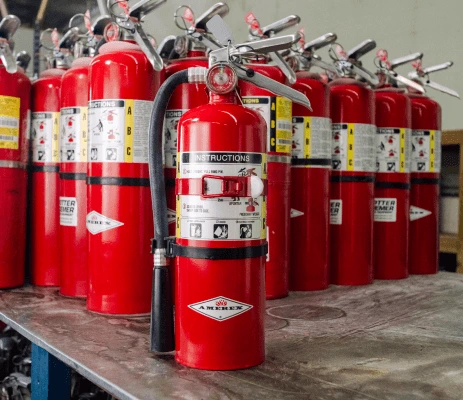Alcohol detox is the first step toward recovery, but it’s not always as simple as staying home and stopping alcohol use. While the idea of home alcohol detox sounds convenient, it comes with real risks. Understanding those risks and knowing when it’s safe—or not—to try it at home is key.
Understanding Alcohol Detox
When someone stops drinking after regular or heavy alcohol use, the body reacts. This process is known as withdrawal. Symptoms can range from mild—like headaches and anxiety—to severe, such as seizures or hallucinations. Detox is the body’s way of clearing out alcohol and adjusting to its absence. This can take several days, depending on how long and how much a person has been drinking.
Risks of Detoxing at Home
Detoxing at home alcohol detox without medical support can be dangerous. Here are some of the main risks:
- Severe withdrawal symptoms: This includes delirium tremens (DTs), which can be life-threatening.
- Mental confusion: Disorientation and trouble thinking clearly can occur.
- Physical symptoms: Shaking, sweating, and high blood pressure may arise.
- Seizures: In some cases, withdrawal can lead to seizures without warning.
- Sudden complications: Symptoms can go from mild to severe very quickly.
- Underlying health risks: People with other medical issues face greater danger.
- History of heavy use or withdrawal: Increases the chances of serious reactions.
- Risk of death: Although rare, withdrawal without care can be fatal.
When Is Home Alcohol Detox Considered?
In some cases, a person may consider detoxing at home. This is usually only suggested when alcohol use has been mild, the individual is in good health, and there’s a strong support system in place. Before doing so, it’s important to speak with a doctor who can help assess the risks. They may recommend medications, hydration strategies, or close monitoring from a loved one to make the process safer.
Steps to Take for Safer Home Detox
If detoxing at home is medically approved, several steps can help reduce risk:
- Speak to a doctor first: Never attempt to detox without guidance.
- Stay hydrated and eat well: Good nutrition supports the body.
- Avoid triggers: Keep alcohol out of the house and reduce stress.
- Have someone around: A trusted person should be present if symptoms worsen.
- Monitor symptoms: If signs become severe—like confusion or fever—seek medical help immediately.
These precautions do not guarantee safety but may help manage mild withdrawal more comfortably. Still, nothing replaces professional care when symptoms become unpredictable.
Why Professional Help May Be Better?
Professional detox centers are trained to handle medical emergencies. They provide 24/7 monitoring, medications to ease withdrawal, and mental health support. This can make the experience safer and less distressing. Detoxing in a facility also reduces the chances of relapse in the early stages. Many people feel more at ease knowing help is always nearby.
Conclusion
While home alcohol detox may be an option for some, it’s not suitable for everyone. The risks can be serious without medical support. Talking to a healthcare provider is the safest first step before trying to detox alone. Professional help ensures safety and improves the chance of long-term recovery. Always put health and safety first.










Leave a Reply